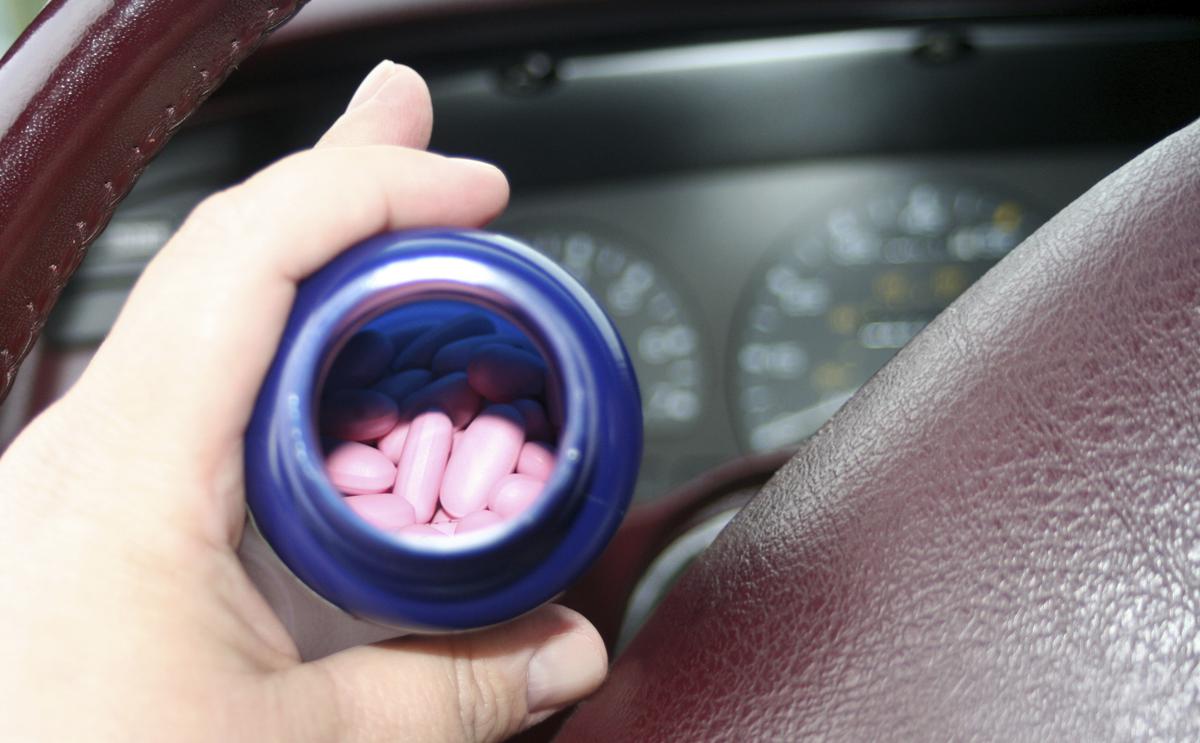
People taking pharmaceutical drugs which might affect their driving abiliity should take extra care or even avoid driving. The main drug categories that have been proven to affect driving ability are as follows:
- Antihistamines (taken to combat allergies, bronchial asthma);
- Antiemetics (taken to combat nausea and vomiting etc. which cause, among other things, drowsiness and inability to concentrate).
- Remedies for hypertension (taken to combat high blood pressure, which may have serious side effects such as vertigo, fainting, tiredness, drowsiness, etc.)
- Antidiabetics (such as insulin and other similar substances, which may cause symptoms of hypoglycaemia, with consequences on driving).
- Antipsychotics (taken for treatment of mental conditions may be dangerous for driving).
- Antiepileptic drugs (can seriously affect driving; for that reason, driving should be given up after the first epileptic crisis until the doctor suggests otherwise); and
- Anaesthetics (even if you have been subjected to a minor operation/ microsurgery, you should not drive at least for the first 24 hours afterwards).
Given that any drug or medical treatment may present side effects which reduce and affect driving ability, you should consult your doctor, and only your doctor, when taking any medication, in order to ensure that you are safe to drive.

